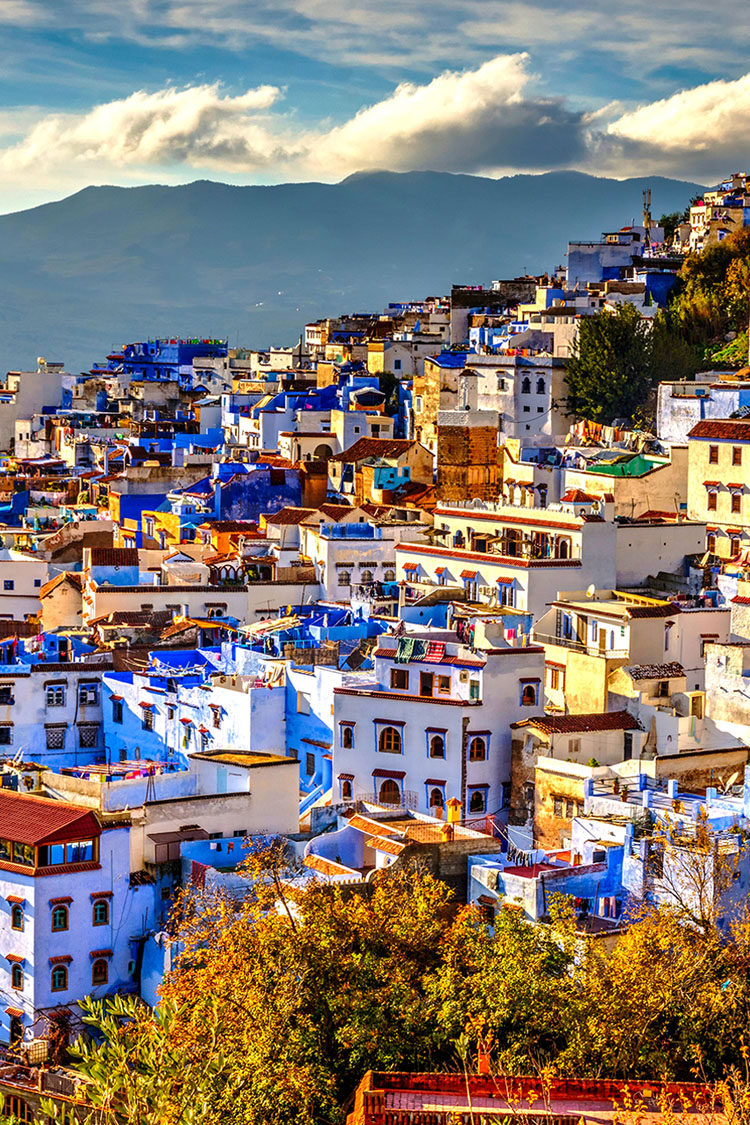At Santander BEST Africa we offer technical or economic support to enterprises that favour the employment of women, promote sustainability - economic, social and environmental - and contribute in an inclusive way to the development of the community.
Find out about some of the projects included in the programme.
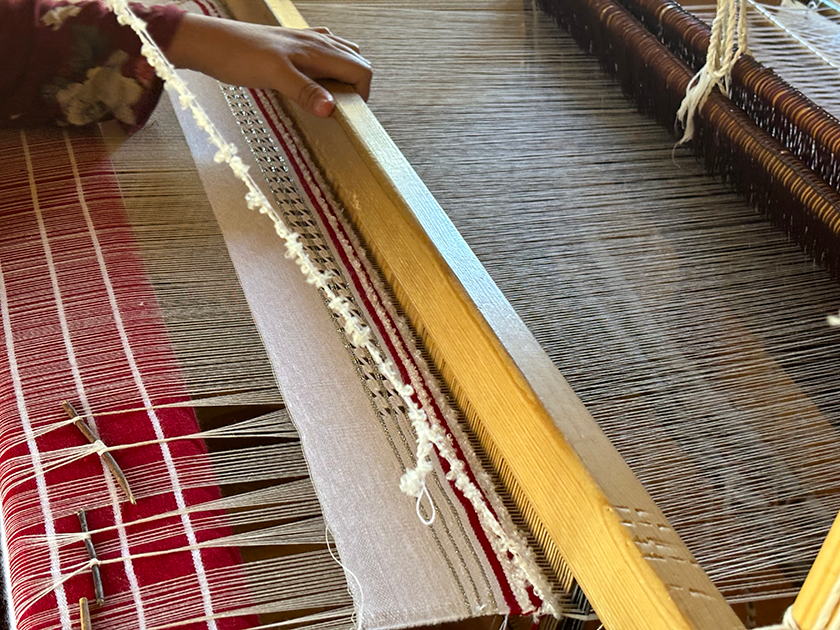
Tanafelt Textile Cooperative. Morocco
The Tanafelt textile cooperative is dedicated to the production of textile handicrafts. The 30 women who participate in the cooperative live in a rural community near Chefchaouen. All of them share a situation of risk of social exclusion, low employment opportunities and limited access to vocational training resources.
The objective of the project, developed with the collaboration of CODESPA Foundation, is to insert the Tanafelt women's textile cooperative in the tourism value chain of the Province of Chefchaouen. The project contemplates the professionalization of a minimum of 30 women in areas such as the recovery of native artisan techniques and the adaptation of designs to the tourist market; technical support and training in marketing and commercialization techniques; and the linkage with clients and buyers in the national and international artisan market.
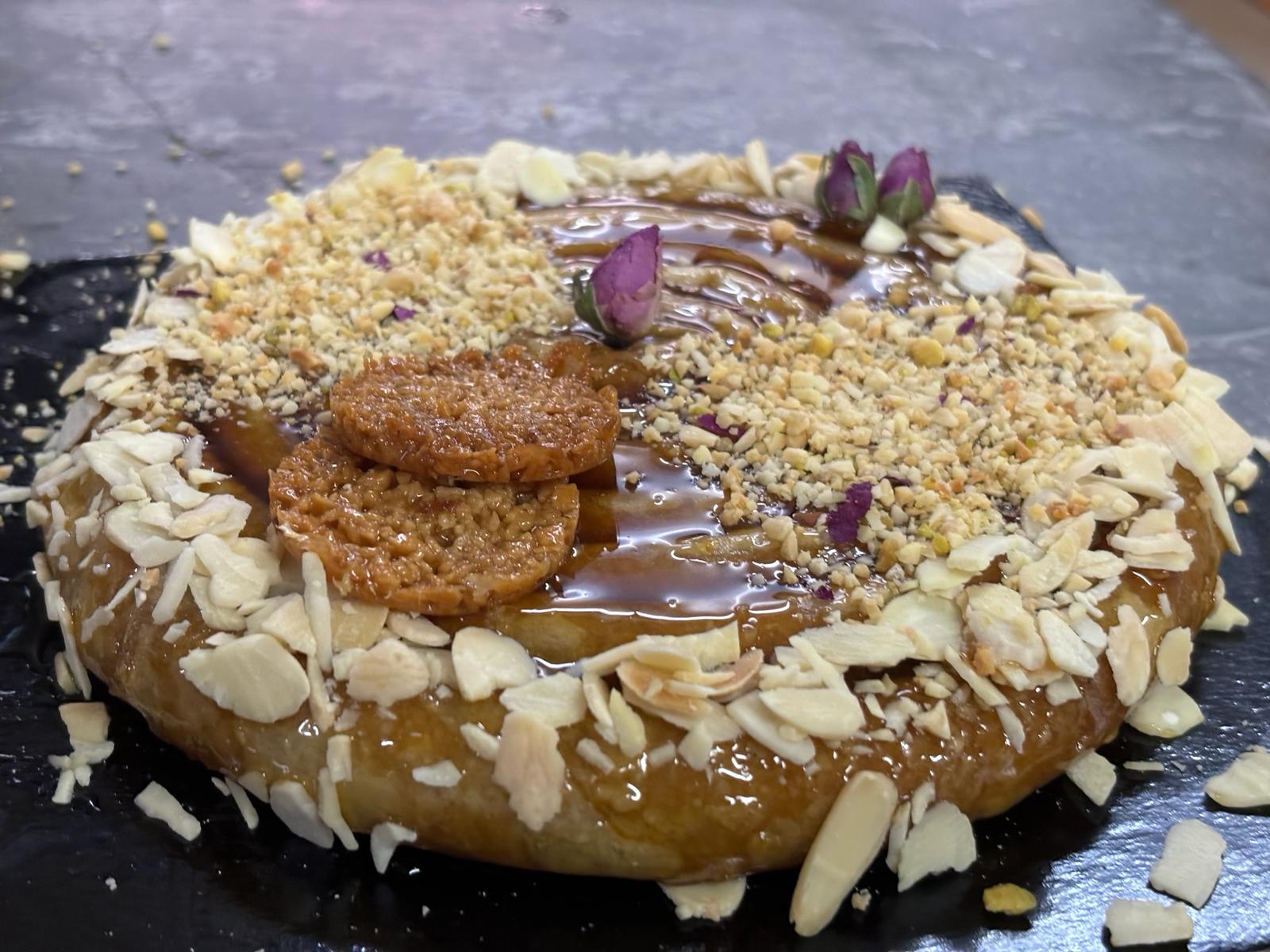
Moltaka Rayahin. Morocco
Project aimed at integrating women who are victims of gender violence into the tourism sector in the city of Tetouan. The management and services of the "MOLTAKA RAYAHIN" bakery will be strengthened. In the bakery, 25 women, who are victims of gender violence and in a situation of social and economic vulnerability will receive training and work.
The initiative, developed with the collaboration of CODESPA Foundation, contemplates improvements in the gastronomic choice of the pastry shop; technical advice for the access to new sales channels of its products and the strengthening of the pastry shop management team to continue expanding the business and thus be able to incorporate more women in the future.
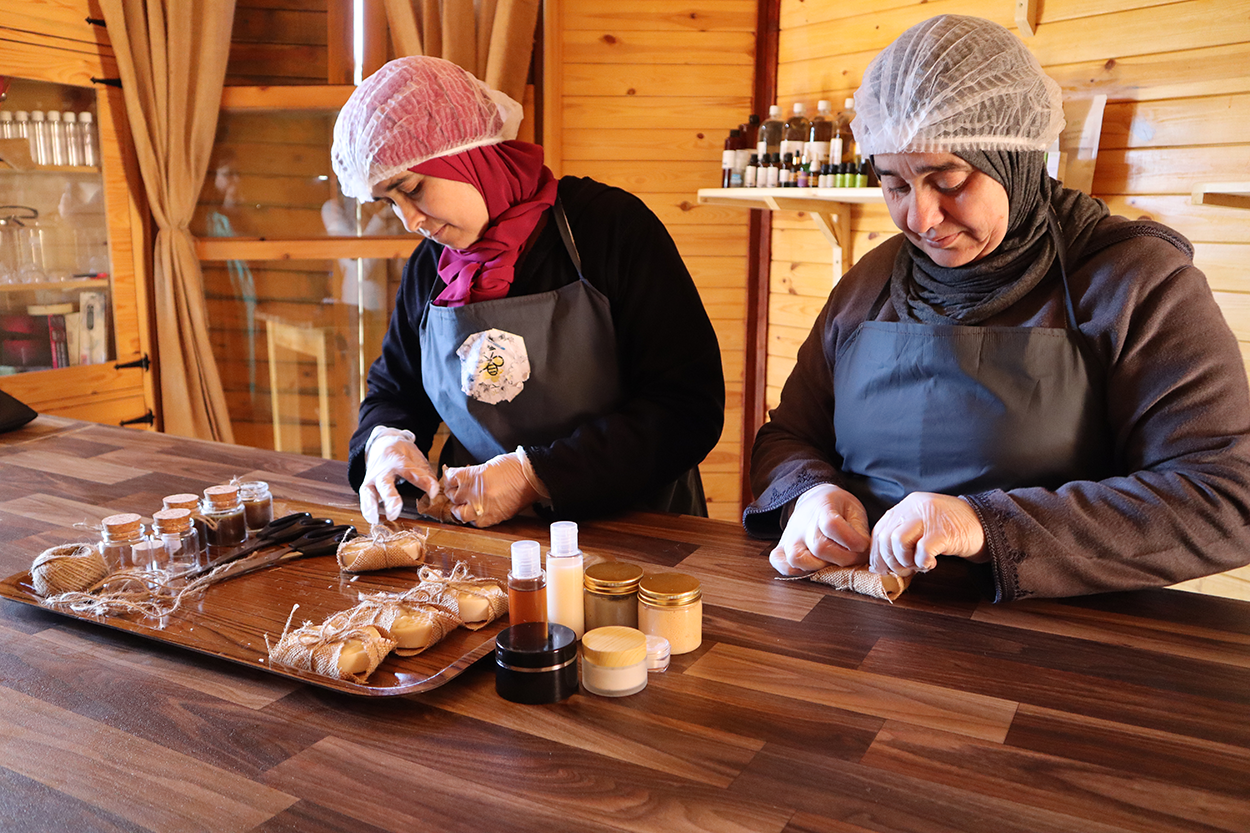
Beekeeping Cooperative of Chefchaouen. MOROCCO
Women members of the Chefchaouen beekeeping cooperative will produce honey and honey products for sale at the "Maison de l'abeille" museum. The development of beekeeping products helps protect and maintain ecosystems and improve the income of rural beekeeping families.
Santander BEST Africa supports this project in collaboration with Manos Unidas. The 20 women who will participate in the cooperative will receive training in cooperative management and in techniques for the production of honey and honey products, mainly soaps and candles.
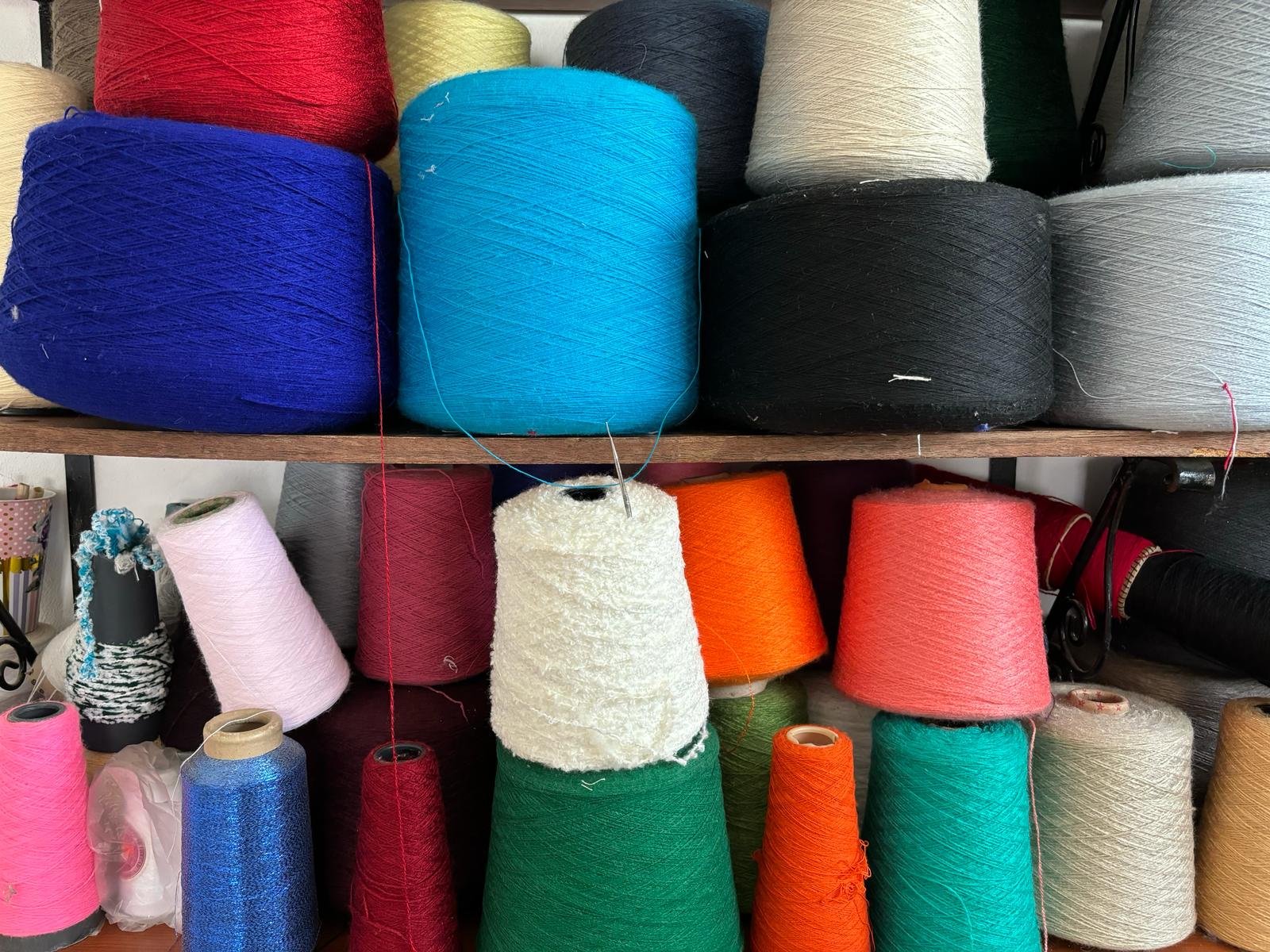
Khzana Women's Cooperative. MOROCCO
The Khzana Women's Cooperative is composed of 18 women and was created in 2008 in the rural village of Khzana, near Chefchaouen. The women are dedicated to textile handicrafts and try to innovate in handicraft production by incorporating new designs based on the patterns of the culture of this area of northern Morocco.
In collaboration with Aethnic, this project is focused on improving the skills of the women in the cooperative as a means to help ensure the economic viability of their business. The support translates into training actions in management and administration, textile design techniques and marketing and commercialization. In order to diversify sources of income, the project contemplates the creation of a new line of business focused on the development of sustainable tourism activities based on textile handicrafts.
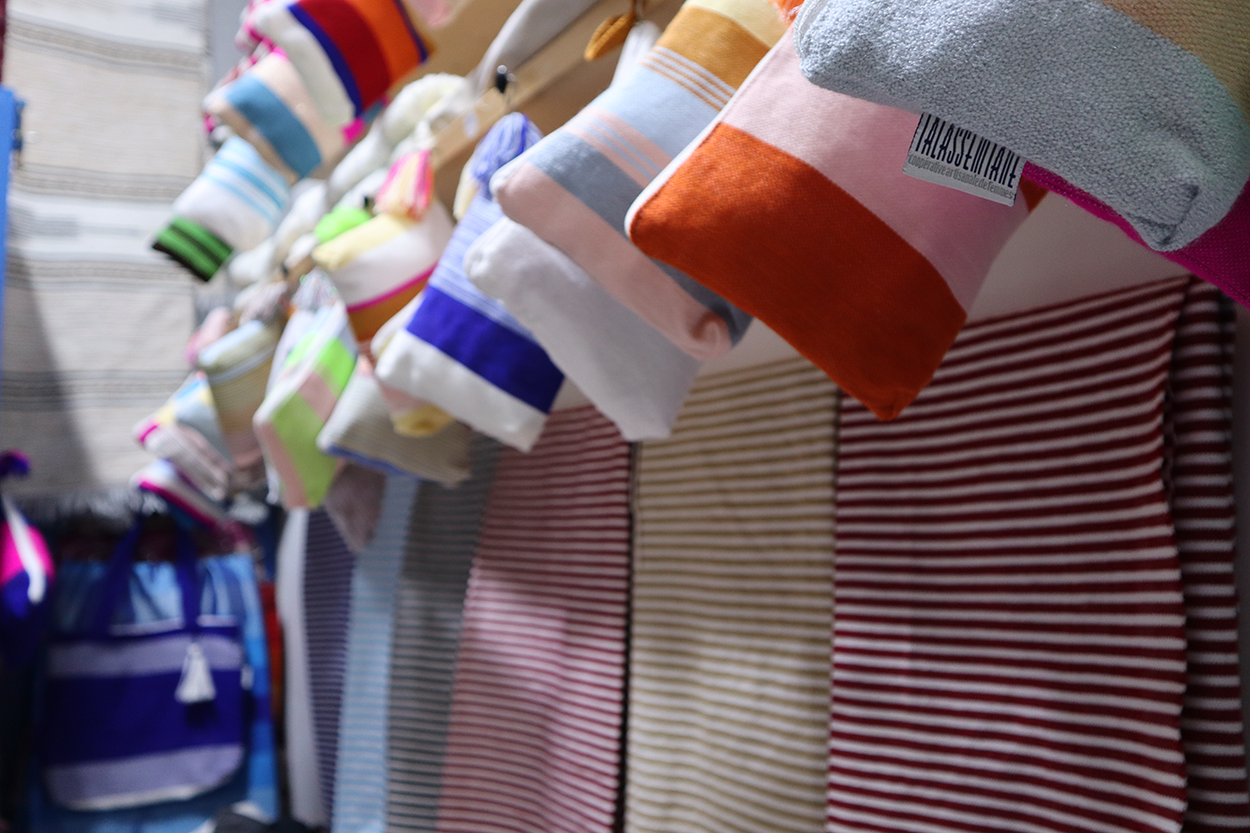
Talassemtane women's cooperative. MOROCCO
The Talassemtane cooperative was created in 2004 in the city center of Chefchaouen. This cooperative is made up of six young women who are experts in textile crafts and traditional products. The cooperative elaborates innovative products made with a high level of quality.
Santander BEST Africa supports this project with the collaboration of Aethnic. We intend to provide training in management and administration, marketing and textile design, to improve the quality and diversification of its offer, and the creation of a new line of business based on the development of sustainable tourism activities.
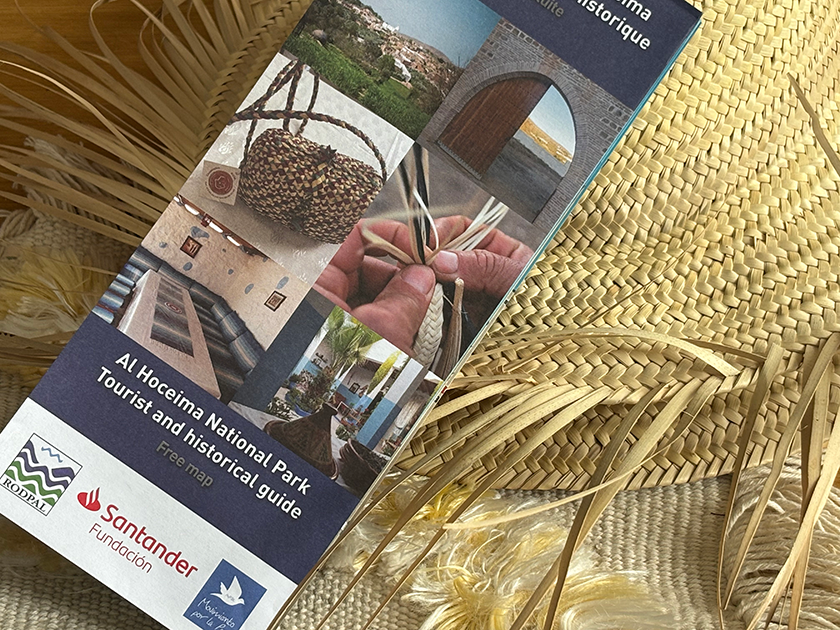
Ecotourism in Al Hoceima National Park. Morocco
The main challenge for the development of the Al Hoceima National Park is to combine tourism and conservation. Sustainable tourism helps to preserve traditional activities by encouraging small transformations that combine economic profitability with environmental conservation.
At Santander BEST Africa we developed this project in collaboration with the NGO Movimiento por la Paz - MPDL, with the objective of offering training to women from rural social economy cooperatives in ecotourism and biodiversity preservation; esparto grass and palm harvesting techniques for members of artisan cooperatives; and digital marketing for the promotion and sale of ecotourism products.
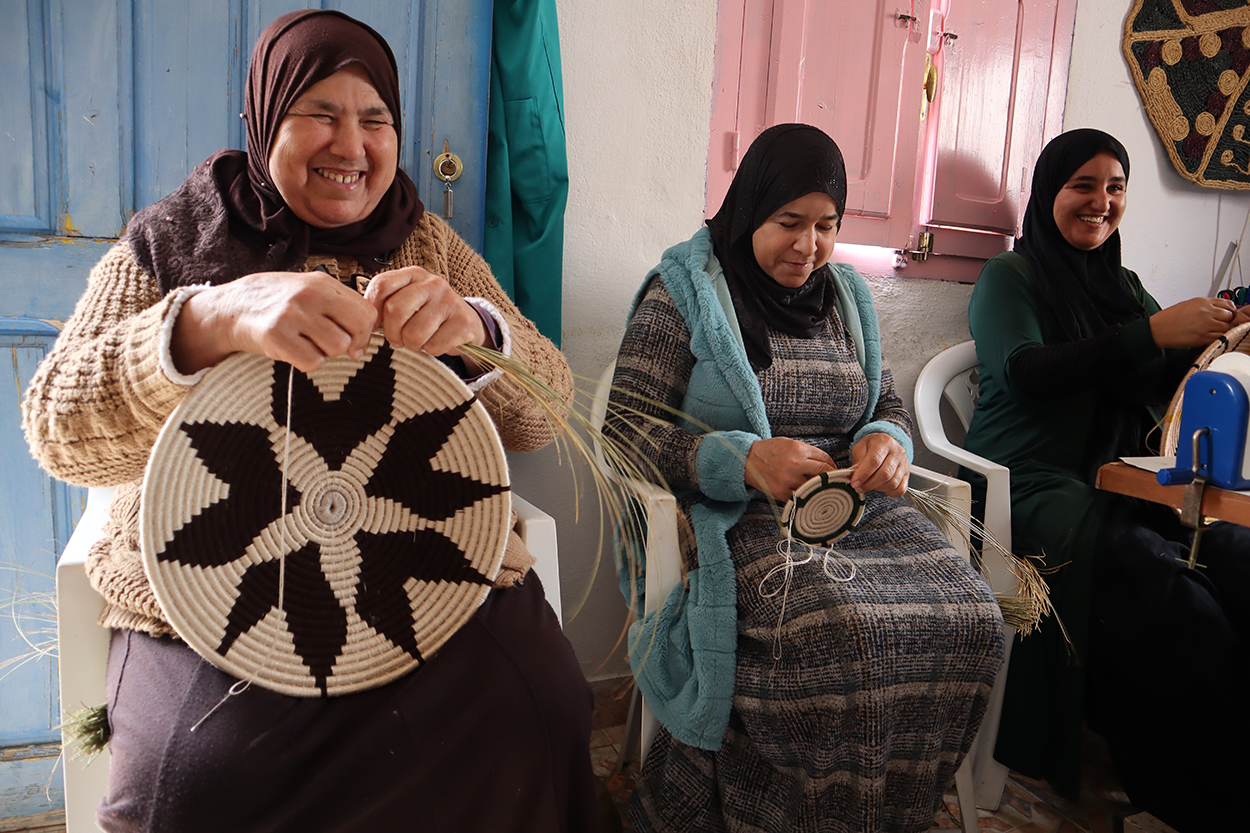
Nissae-Bades Artesian Cooperative Morocco
The Nissae Bades Cooperative -Women of Bades-, is located in the municipality of Rouadi, 38 kilometers from the city of Al Hoceima, in the Al Hoceima National Park. A total of 24 women from the community are engaged in the production of handicraft products from different raw materials, mainly wool and palm heart.
The project aims to competitively insert the Nissae Bades women's cooperative into the tourism value chain of the Al Hoceima Province. The initiative, developed in collaboration with CODESPA, aims to strengthen the organization and professionalization of the women in the cooperative. The offer is diversified by incorporating a line of work and training based on local artisanal confectionery, and the women who make up the cooperative participate in training programs on marketing and commercialization techniques and access to new sales channels. The project includes the preparation of a new catalog and sales materials.
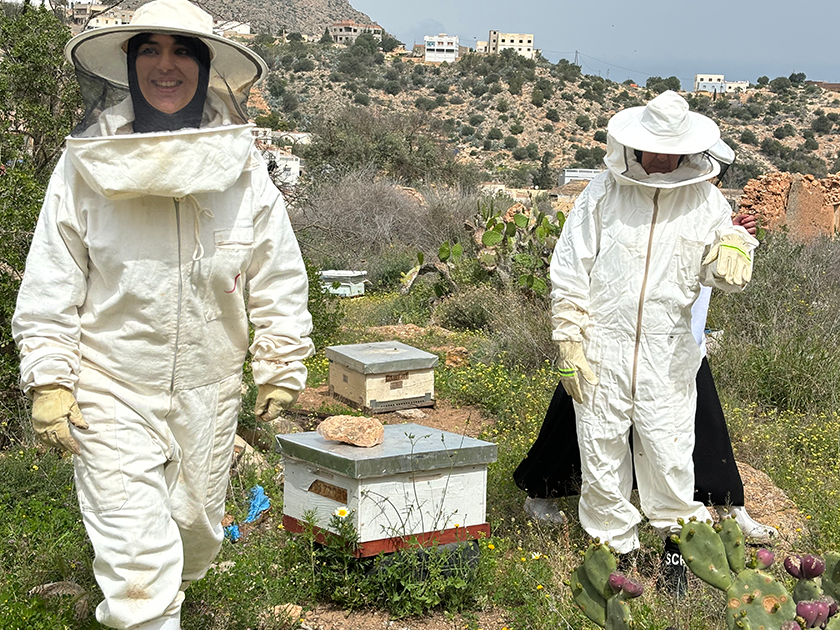
HONEY PRODUCTION IN AL HOCEIMA
The population of the province of Al Hoceima is mainly rural and suffers from high poverty rates. As it is a mountainous area, difficult to access, with scattered and remote infrastructures and basic facilities, the population has high illiteracy rates, with early school dropouts and low entry into the labour market. Due to the pressure of social and cultural traditions, this situation affects women to a greater extent.
The Honey Production in Al Hoceima project, developed in collaboration with the Movement for Peace (MPDL), aims to raise awareness of the importance of women for local development and as agents of change in Al Hoceima through processes that help their social and economic inclusion. The intervention focuses on women in two cooperatives in the rural areas of the Al Hoceima National Park: the Ithri Taounil Cooperative in Taounil and the Asrih Cooperative in Bouhem. The project provides support to improve the production and management skills of the women in the cooperatives and to purchase equipment for beekeeping production.
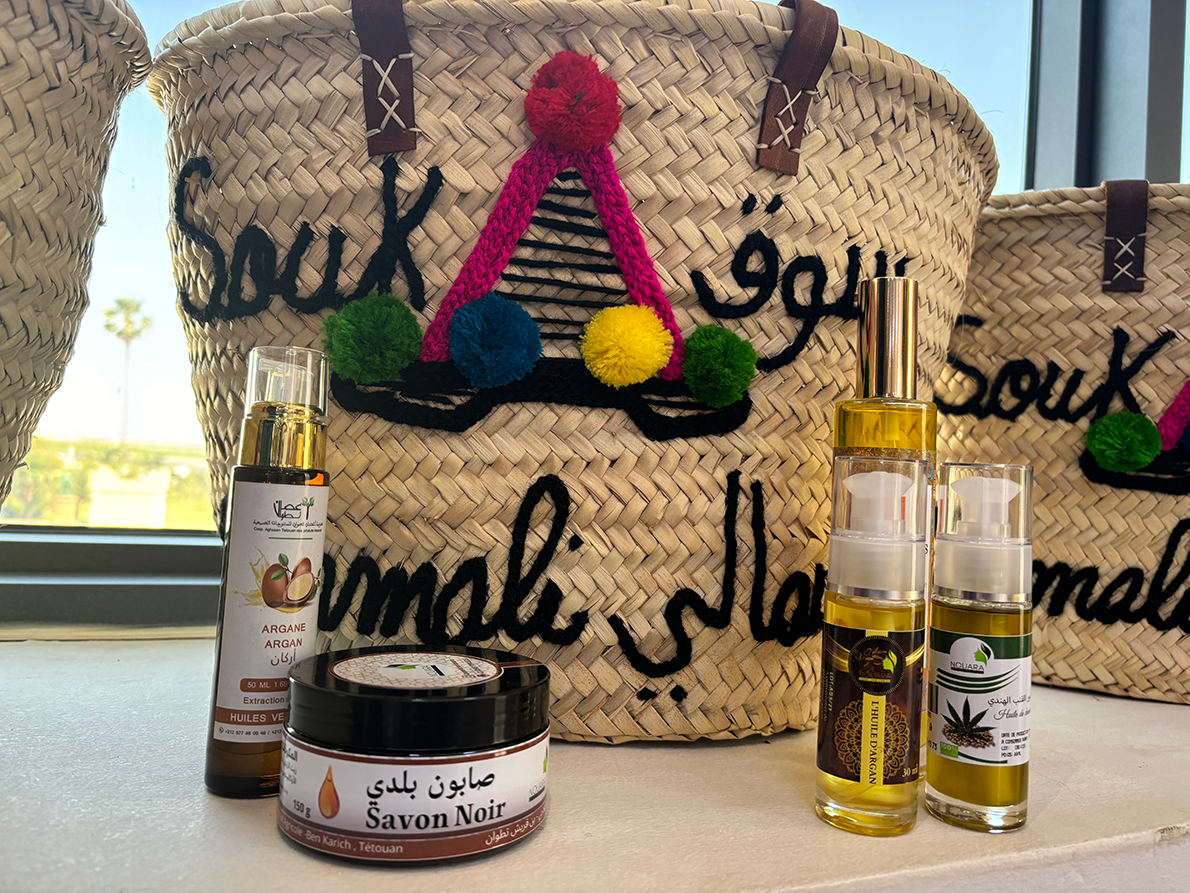
Souk Chamali
The Souk Chamali market, built by the Moroccan National Institute for Human Development (INDH), is located in Tetouan, a place where many of the tourists who visit the city pass through. The Tétouan Majal Association, which manages the market, brings together 34 cooperatives from the rural areas of Tetouan. The market sells the products of these cooperatives, including aromatic plants, essential oils, olive oil, cheeses and fermented milk, couscous, honey, natural cosmetics, and traditional handicraft products.
The aim of the project, developed in collaboration with CODESPA, is to strengthen the capacities of the cooperatives that market their products in Souk Chamali. The initiative includes training in administrative and financial management, sales and marketing techniques and communication for 40 women linked to the associated cooperatives and the market management team. The beneficiaries of the project suffer situations of continued vulnerability and poverty and live on very low incomes, well below the national average in Morocco. The vast majority of the women have a low level of education and no experience of formal employment.
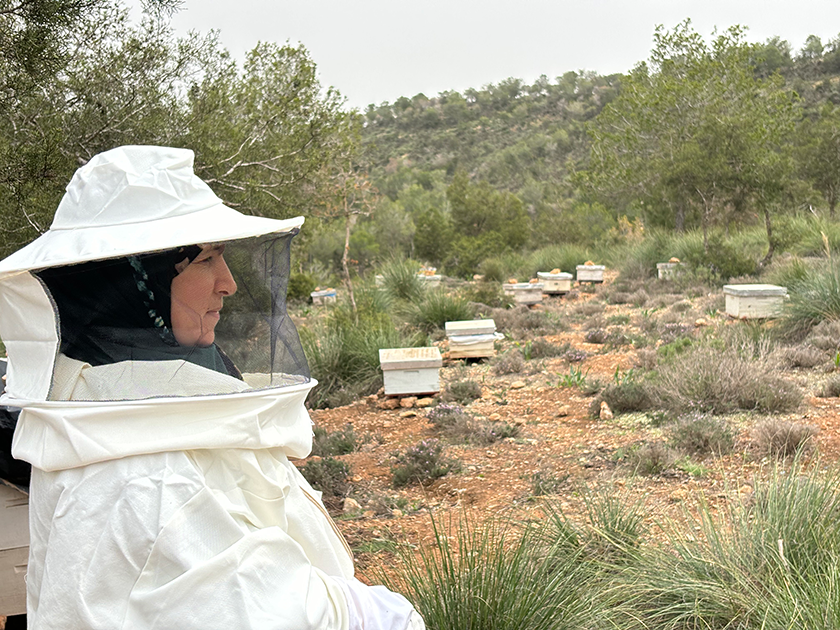
Honey marketing in Al Hoceima
The population of the province of Al Hoceima is mainly rural and suffers from high poverty rates. As it is a mountainous area that is difficult to access and has scattered and remote basic facilities, people have high rates of illiteracy, early dropout from the education system and low rates of employment. Due to the weight of cultural traditions, the situation is accentuated among women, relegating them to a situation of marginalisation.
The project aims to promote the involvement of women in the economy and to raise awareness of the importance of their participation in local development and as a key agent of change through processes that favour their social and economic inclusion. The project includes the identification of opportunities for marketing honey in the Tangiers-Tetouan-Al Hoceima region, training workshops on marketing and commercialisation techniques for women associated with two beekeeping cooperatives in the Al Hoceima area, the development of materials for packaging and distributing honey, and the development of a marketing action plan adapted to the profile and needs of the beekeeping cooperatives in the Al Hoceima National Park.

